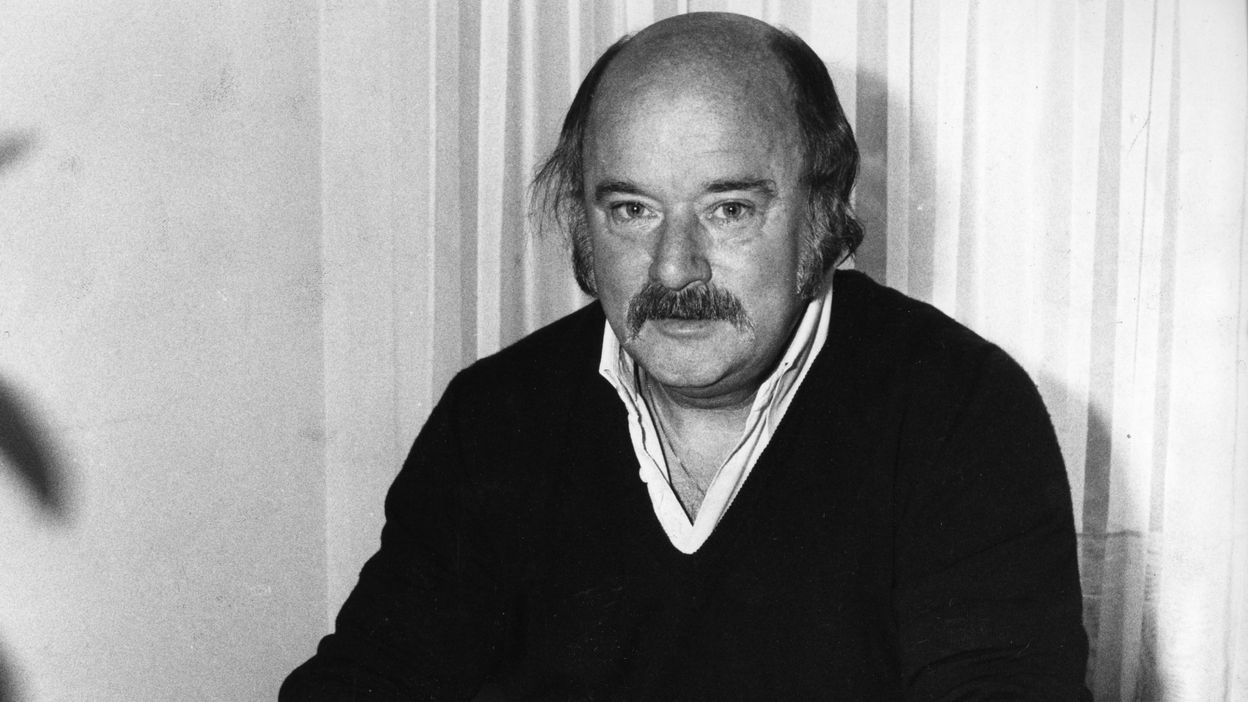Scan barcode
A review by glenncolerussell
Het gevaar by Jos Vandeloo
5.0

Het gevaar (The Danger) is Jos Vandeloo's bleak, existential novel of three men contaminated by radiation, a tale of warning, especially in the aftermath of Chernobyl and Three Mile Island.
The novel opens with a Prologue wherein the main character, Alfred Benting, travels on a train and encounters a grim, forbidding stranger prompting him to have grim forbidding thoughts about living day-to-day in our modern, urbanized world. Benting reflects how a train of strangers is a microcosm of society - a society populated with unloving, superficial individuals, men and women who, in the end, can only have a questionable friendship with their own shadows.
I cite Benting's reflections to highlight the depth of alienation and dehumanization he experiences in the world at large before he undergoes his specific medical ordeal. And the medical ordeal is the book's alpha and omega.
Exposed to high doses of radiation via a mishap at the nuclear station where he works, Benting is washed, scrubbed, and swabbed and then, along with two other men likewise exposed, confined to a hospital room, placed under strict observation and then subjected to a barrage of medications, vitamins and tests. Sound depressing? Welcome to the world of existential storytelling -- Jos Vanderloo is a master.
Right from the outset Benting realizes he is part of an antiseptic modernized hell. One of the other men, Martin Molenaar, starts vomiting violently. Molenaar's tongue is swollen and takes on a strange color; he has hundreds of small blisters on his hands and face, which is understandable since Molenaar had the greatest level of radioactive exposure.
A doctor and nurse enter the room to record the reaction and general condition of the patients, rub the three men with ointment, and then the doctor measures radiation levels using a counting mechanism and reads off numbers to the nurse. Benting muses on how he and the other two men have absolutely no power to decide their own fate; rather, their lives are now controlled by the medical staff squarely in charge - if, that is, being wretchedly sick and isolated in a small white-walled room can be considered living.
A few days pass and Molenaar is removed from the room since his body is so wasted he stands zero chance of recovering. So, there are now two men, Benting and Dupont, who must deal with vomiting, headaches, diarrhea, skin boils, foul smells of their own skin and sour tastes in their own mouth, not to mention being subjected to continual observation and testing.
At one point a doctor enters and Benting tells the physician with a sense of irony that they are being spoiled by all the attention and medicines. The doctor laughs at Benting remark. Benting broods on how weird the sound of laughter is in such a room room. With a dose of black humor he thinks there should be a sign on on of the walls stating in bold letters:
NO LAUGHING HERE, LAUGHING IS STRICTLY FORBIDDEN. OFFENDERS WILL BE PUNISHED BY FORCED LABOR.
Several days pass and doctor visits become less frequent - Benting and Dupont are left to suffer in solitude. Despite their deteriorating condition and defying all standards of public health, Dupont devises a scheme to escape. Benting listens - he's willing to go along with his roommate's plan.
Will Dupont and Benting really sneak down the hallway, take an elevator to the basement and ride away unseen in a stolen ambulance to at least die on their own terms in the fresh air of the "real" world?
Reading Jos Vanderloo's short novel reminds me of The Wall by Jean Paul Sartre, a story where three political prisoners are locked in a cellar room on a cold evening, condemned to be taken out to a yard the next morning and shot. True, radiation poison isn't exactly the same as standing in front of a firing squad, but, then again, there is something about the certainty of knowing your days can be counted on the fingers of one hand and you are face-to-face with your own death.

Josephus Albertus "Jos" Vandeloo (1925 – 2015), Belgian novelist and poet.